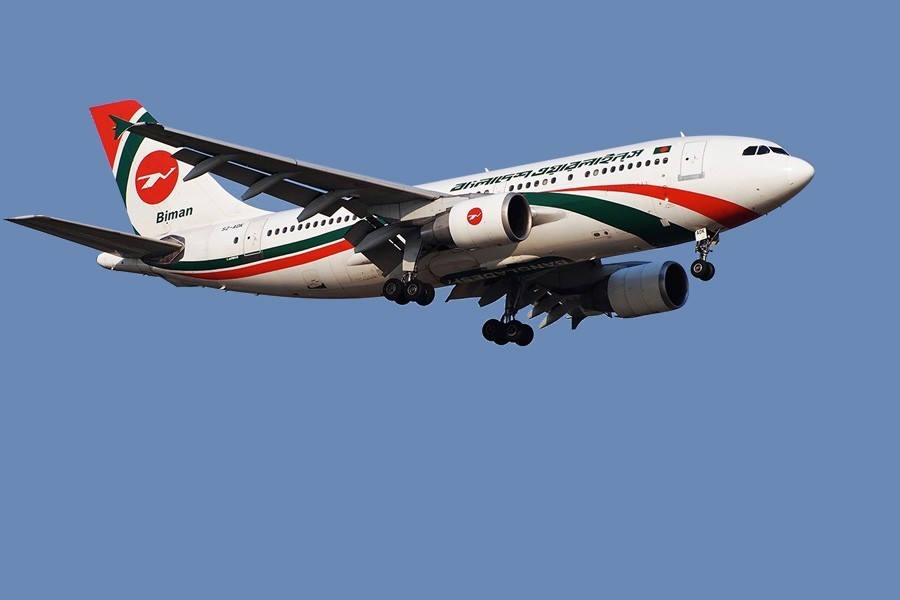The country's aviation sector is set to face a fresh blow from the recent hike in the price of jet fuel, which may ultimately force the airlines to raise airfare to compensate for the hike.
The Bangladesh Petroleum Corporation (BPC) has increased the fuel price from Tk 67 to Tk 72 a litre for the local airlines operating in the domestic routes.
And for the local airlines operating on international routes, the fuel price was raised to 68 US cents a litre from 63 US cents.
The new rate came into effect on March 06 last.
Last year, the state-run BPC revised the price upwards at least five times.
Although there is much criticism against the BPC selling jet fuel at a much higher rate than even in neighbouring India, the BPC always claims that they sell fuel at the same rate as charged in Kolkata.
However, it was learnt that Kolkata was selling jet fuel at 53 US cent a litre, which is 30 per cent cheaper than in Bangladesh.
Moreover, the BPC sells aviation fuel to the international carriers at a much lower rate, because of non-realisation of tax and VAT.
There is a widespread allegation that Padma Oil, a subsidiary of the BPC, has a monopoly over the jet fuel market in Bangladesh. Neither the government nor the Civil Aviation Authority of Bangladesh (CAAB) has policies supportive of the local airlines, insiders said.
According to experts, a one cent hike in the fuel price pushes the operating cost of an airline up to Tk 60 million, as the fuel price accounts for 50 per cent of the total operating cost of an airline company.
General Manager (public relations) of Biman Bangladesh Airlines Shakil Meraj told the FE that most of the advance tickets of Biman have been sold a few months back. It now cannot increase the fare instantly, which will affect the passengers.
He said about 10 million expatriate Bangladeshis are now living abroad. But only 25 per cent of them travel by Biman on the international routes. The remaining passengers use major gulf-based foreign carriers like Qatar, Etihad, Saudia and Emirates airlines. As these airlines can buy jet fuel at a much lower rate, their operating costs are low.
"As the operating cost of Biman has been increasing gradually, we are losing our competitiveness," he said, adding that Biman spends about Tk 20 billion a year on fuel.
In the last fiscal year, Biman incurred a loss of Tk 2.10 billion. It had spent an additional Tk 2.0 billion on fuel during the period.
Sources said the BPC is supposed to provide jet fuel to Biman at a rational rate as per a directive of the government in 2014. A committee has been working in this regard.
However, Biman was expecting to make profit this year, as it has already made profit in the first half of this fiscal year, 2018-19, they added.
The GM (Marketing Support and PR) of US-Bangla Airlines Kamrul Islam told the FE that the airlines must adjust the airfare in line with the fuel price hike. And an increase in the fare will ultimately affect the passengers.
Senior Manager (sales and marketing) of Novoair AKM Mahfuzul Alam said that jet fuel price hike is definitely a serious blow to the aviation industry.
He, however, said they have not yet decided on any fare hike.
Experts say the number of air passengers has increased 150 per cent over the past five years. Biman claims that their passenger rate has soared up to 110 per cent during this period.
All the local airlines have been losing their competitiveness due to high operating costs in Bangladesh, the experts added.
They said the increase in fares will affect different levels of travels as airfare varies at every step. Such a rise will be higher at the lowest range of fares, ultimately affecting the traffic flow.


